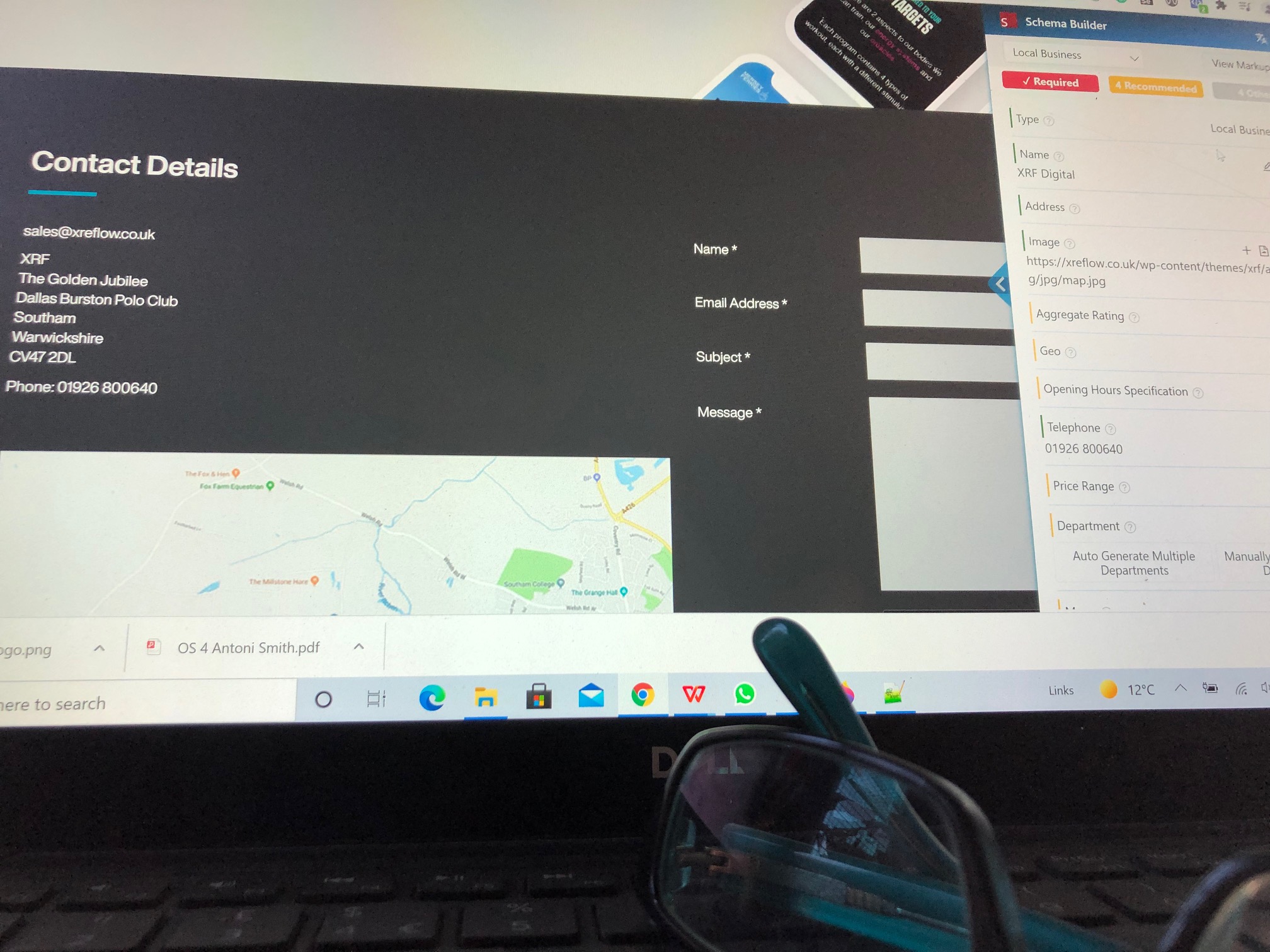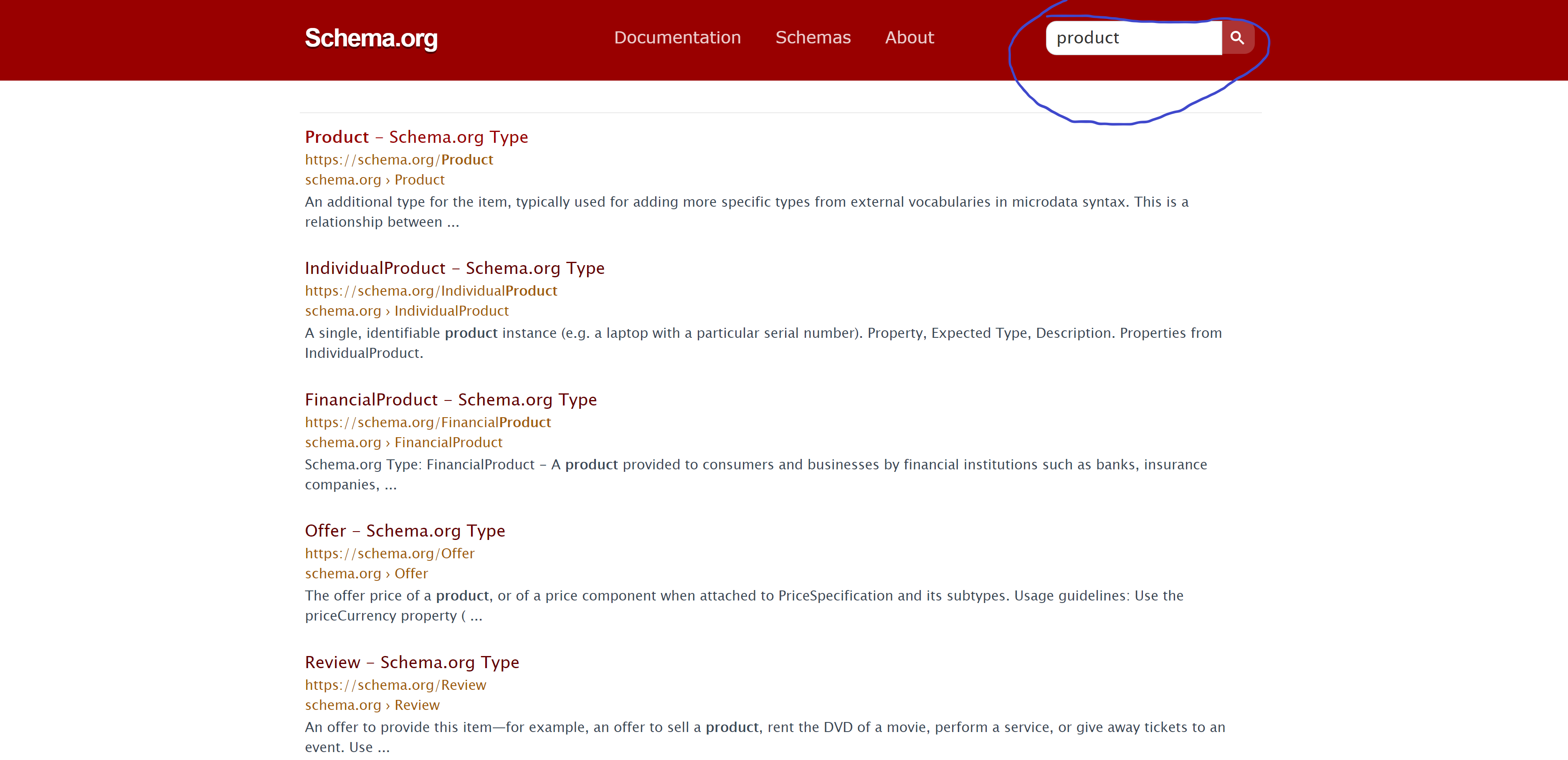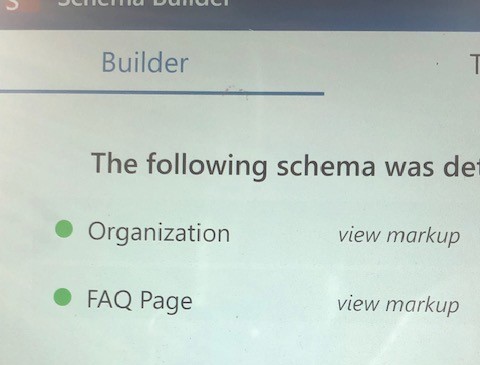In this blog, we will explain to you what Schema is, and how you can implement it into your website, and why you should be including it….. but first…
What is Schema?
Schema is coding that is placed within your website, this structured data shows search engines information about your website.
Schema.org is a collaborative of search engines such as Google, Microsoft, Yahoo and Yandex (who were also the founders), as well as communities all working together to create structured data. By implementing schema on your website you are being very clear to search engines, and thus users will see the relevant results when they search.
In summary – Schema.org is a universal language for Search Engines

A good example of this is provided by schema.org, here is the example is taken from the schema.org website-
Most webmasters are familiar with HTML tags on their pages. Usually, HTML tags tell the browser how to display the information included in the tag. For example,
<h1>Avatar</h1>tells the browser to display the text string “Avatar” in a heading 1 format. However, the HTML tag doesn’t give any information about what that text string means—”Avatar” could refer to the hugely successful 3D movie, or it could refer to a type of profile picture—and this can make it more difficult for search engines to intelligently display relevant content to a user.
By implementing schema you are making it very clear to the search engine that your webpage is about the film Avatar, or you are just showing a profile picture.
Will Schema increase my ranking?
There is no real evidence that by implementing Schema into your website that you will increase ranking, however, my logical brain tells me that if you are being crystal clear to a search engine as to what your website is about then there is more chance that it will show up in the right searches in front of the right visitors. Then it is over to you to ensure that you have engaging content on your website which fulfils the visitor’s needs. By doing this you are delivering a good user experience and this is where you will improve your ranking.
So schema will help you get your website in front of the right visitors, as well as create rich snippets which will help your website appear better on the results page (SERPs).
Whilst we are talking about a good user experience, one of the many things that search engines, such as Google are looking at is the credibility of the content being shown on a website. This is where the schema is very handy as you can be clear as to who has created the content for the website, and their credentials. The great thing with schema is that the developers understand that many website owners have years of knowledge and experience rather than certificates against their name, so the structured data will allow you to show experience if certificates are not available.

Do I have to be a coder to create structured data?
The good news is there are many free online tools to help you create your schema code, as well as endless information on the Schema.org website
In the example video I am using chrome, and chrome extension Schema Builder
Simply open up the page on your website, click on the extension, and Schema Builder will help you to create the schema code you require. There is a drop-down box so you can choose what data you would like to mark up, schema builder will also highlight the minimum information required, for the data structure. Then you simply click on the top right ‘view markup’ then cut and paste the code into your website.
What should I mark up on a web page?
You do not need to overwhelm yourself and feel that everything needs to be marked up. Firstly look at the page and consider the most important things on that page, whilst you are considering this also think about what answers/information you are trying to give to a visitor… so think why you need it.
Also consider what you clearly want to show up in SERP, if your product is pricey compared to others, or if it has a low star rating… do you really want to scream that out to the world?

Schema for e-commerce websites
As you can see in the image I have gone to Schema.org and typed in ‘product’ into the search, the list of markup available for products is quite substantial, but definitely, something you should be looking into if you are selling products on your website in order for your product to be put in front of your potential visitor.
Here is a good example of an e-commerce site that has made use of structured data. Sock Snob
With the schema builder extension, you can bring up websites that you feel are delivering well in SERPs and take a look at what they have marked up.
FAQ Pages
Schema is all set up for your FAQ pages, and it is a great way to get your page onto SERP’s, but remember that you should only use FAQ schema on an FAQ page.
A great way to show up in a speakable search is within the FAQ pages, however at the time of this blog the speakable structure is only available in the US, but worth planning for this when it does come to the UK, which I am certain it will in the not too distant future.

Schema on your website
If creating schema code and marking up your website is just a step beyond you, and you need help then you will be pleased to learn that this is just one of the many services we offer at XRF Digital.
So let us organise your structure data, whilst you concentrate on running your business, get in touch with us today!
Plugins For Marking Up Your Pages
As with any extra functionalities, there are various plugins available, before you decide to install a plugin on your WordPress site take a look at our recent blog ‘How To Install A WordPress Plugin’
Always do your research and do a backup of your website before installing a plugin.
Many of the schema plugins come with a free version, with the ability to upgrade on a paid version which would obviously give you more detailed use and support.
Many of our clients favour the YOAST Plugin to assist them with SEO, this also comes with added schema settings to assist in creating a schema for your WordPress Site.
For more instructions on How To Install Schema on your website see the following link, which will also show you the various plugins available – Go To Schema Support